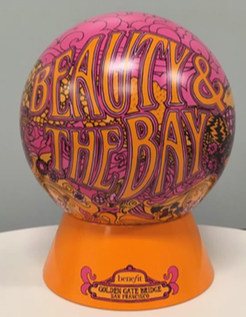New Intellectual Property (Dispute Resolution) Bill In Singapore
On 8 July 2019, the Intellectual Property (Dispute Resolution) Bill (Bill) was tabled in Parliament, after a public consultation on the draft Bill that was conducted in March 2019 by the Singapore Ministry of Law.
The Bill aims to ensure that the Singapore Intellectual Property (IP) regime continues to support innovative activities in Singapore and positions Singapore as a choice of venue for international IP dispute resolution.
Read More

